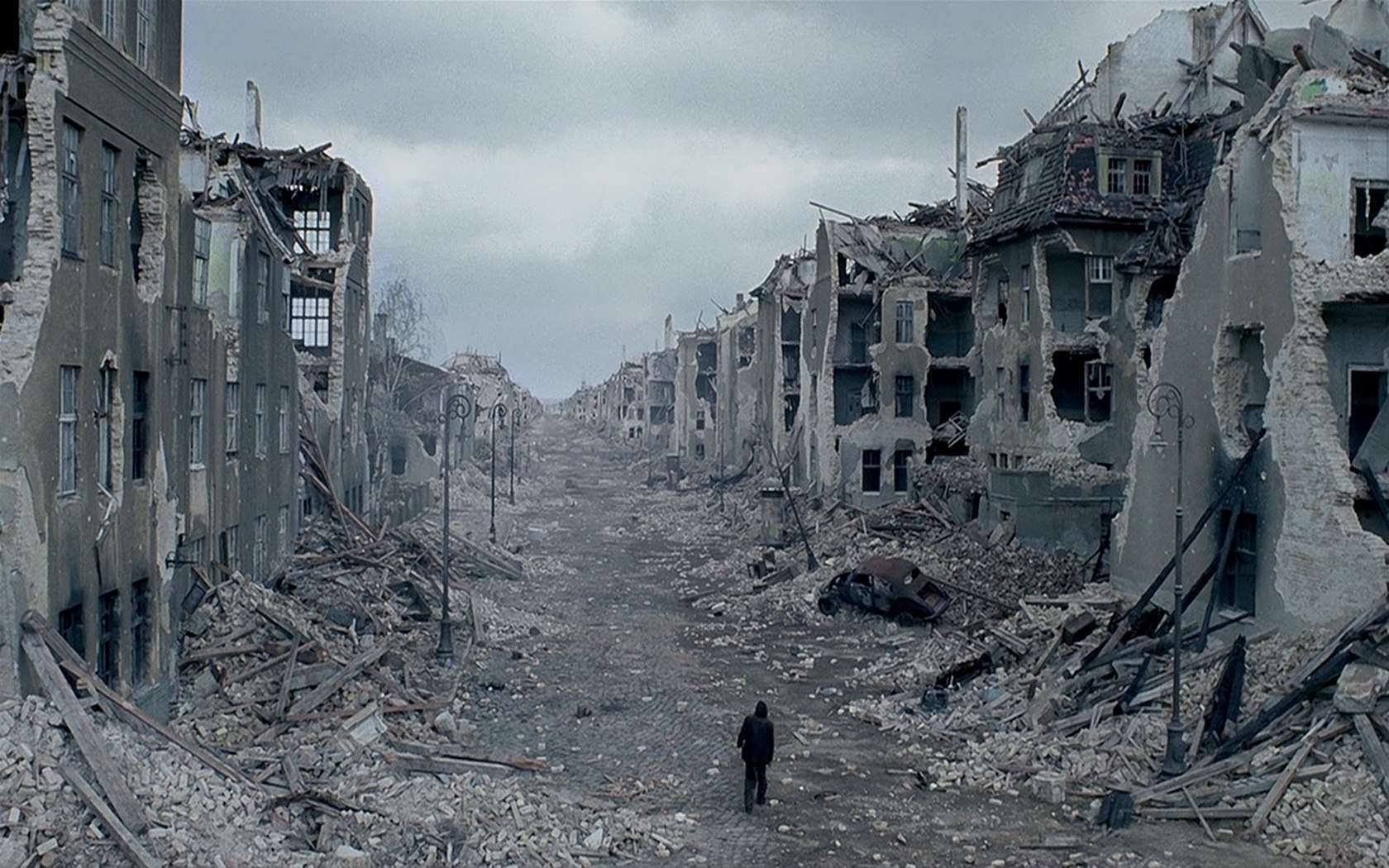In today’s media landscape, where social networks take center stage over traditional Western media giants, the ongoing conflict between Israel and the besieged Gaza Strip is more than just televised.
Audiences worldwide, particularly the younger generation, bear witness to the devastation caused by Israel’s relentless bombardment of the Palestinian enclave through their preferred social media platforms. For over a month, real-time footage has depicted the horrors: infants torn by bombs, women crushed beneath rubble, and mothers mourning over their children’s lifeless bodies.
Israel, despite its efforts, continues to shape the narrative around its violent conflicts and longstanding occupation. It brands Palestinian journalists who strive to reveal Gaza’s truth as “terrorists,” often targeting and assassinating them. Shockingly, during this recent war, Israel took the lives of at least 53 journalists and media workers, often in deliberate airstrikes alongside their families. One such devastating attack took the life of Wael Dahdouh, Al Jazeera Arabic’s Gaza Correspondent, who learned of his family’s tragic fate while reporting live.
Moreover, Israel restricts foreign journalists’ access to Gaza, imposing stringent conditions on what they can report, effectively controlling the narrative by demanding review and approval of all materials before publication. Despite these tactics, social media has become a platform where the truth about Israel’s actions in Palestine can no longer be concealed. Mainstream media’s dominance in dictating what audiences see has waned, laying bare the brutality of Israel’s occupation for the world to witness.
Now, social media users openly ridicule Israel’s attempts to control the narrative, swiftly debunking falsehoods propagated by mainstream outlets. Initiatives like the #WeWontBeSilenced campaign have gained momentum, showcasing the widespread opposition to censorship and intimidation tactics employed on these platforms.
This shift hasn’t gone unnoticed. Both Israel and its primary supporter, the US, are cognizant of the changing public opinion. Concerns within the Biden administration over the ceasefire allowing broader access to journalists reflect a fear of further exposing the atrocities committed with their support.
However, this war on narratives didn’t start with the recent Gaza conflict. Israel’s weakening grip on media narratives and public opinion began earlier, marked by a Gallup poll revealing a shift in Democrats’ sympathies towards Palestinians. Even among Republicans, there’s growing reevaluation of the US-Israel relationship under the banner of “America First.”
Social media giants like Meta faced criticism for censoring pro-Palestinian content, raising concerns about their responses to Israeli PR pressure. Elon Musk’s recent visit to Israel and the subsequent agreement regarding Starlink’s usage underscore the complexities of corporate involvement amid such conflicts.
Ultimately, Israel’s deteriorating international image owes solely to its actions. The world can’t ignore the genocide it perpetrates, often with US support. As a brief ceasefire nears its end, Israel’s likely continuation of bombardment and siege on Gaza may persist, but it has already lost the war of public opinion.
The UK mirrors similar patterns as the US in terms of political views and age groups, albeit with less pronounced generational divides. The sympathies toward Palestine among the younger demographic are notably higher, but across various age groups and political affiliations, there’s a spectrum of support for both sides or uncertainty.






 Like
Like LOVE
LOVE Win
Win Cute
Cute LOL
LOL OMG
OMG WTF
WTF Fail
Fail






